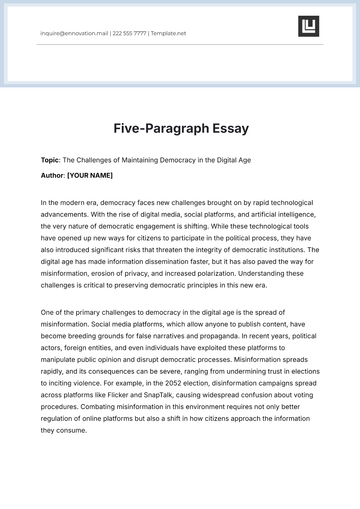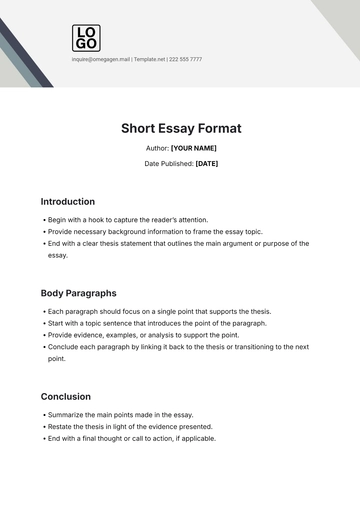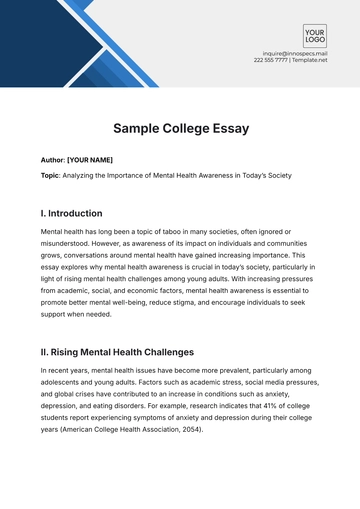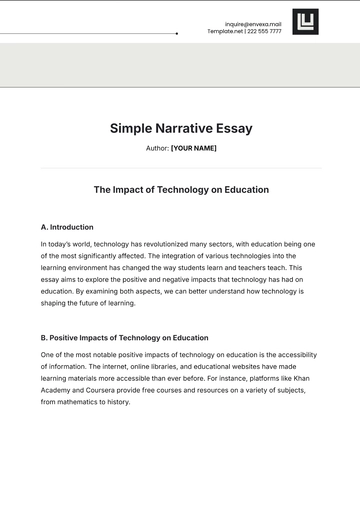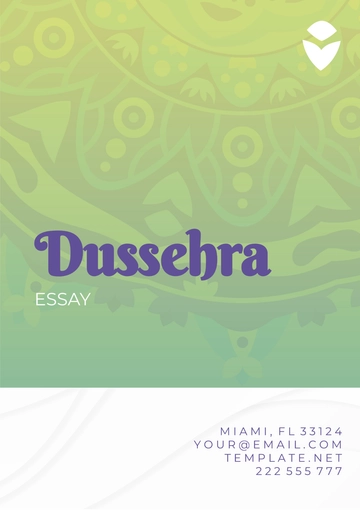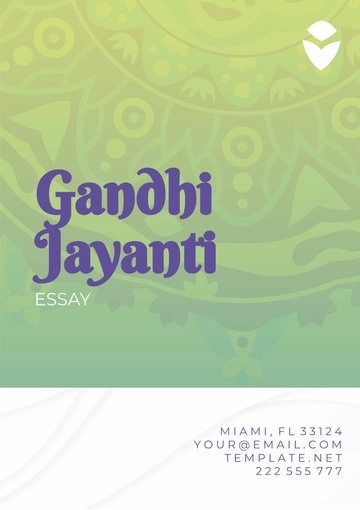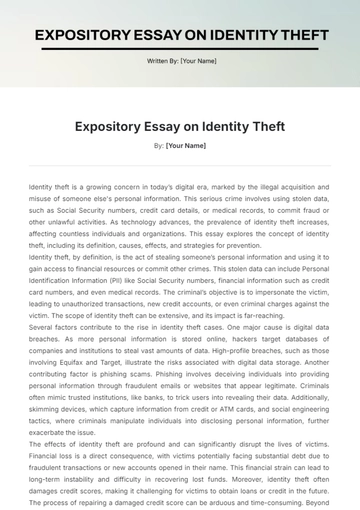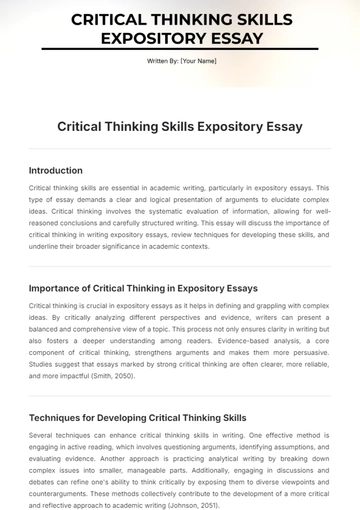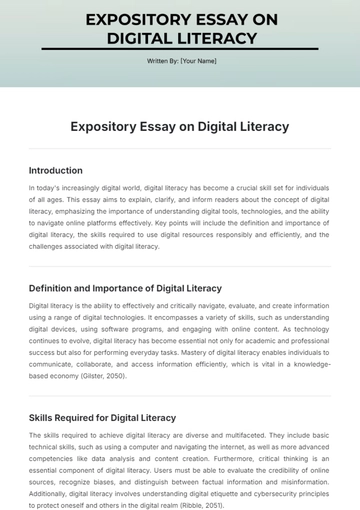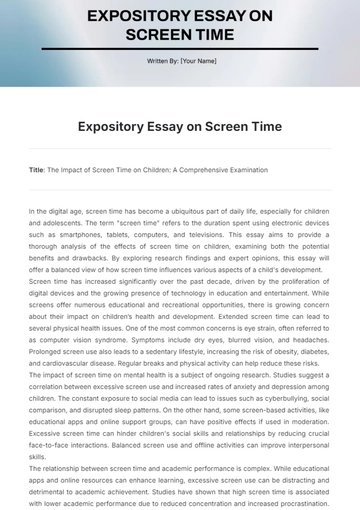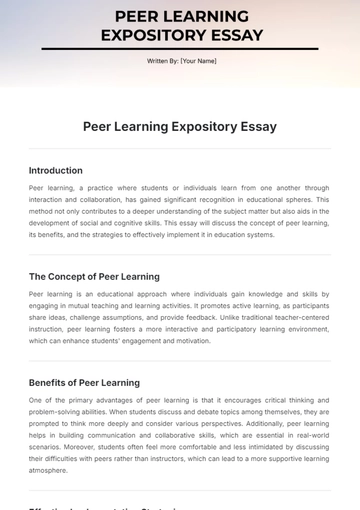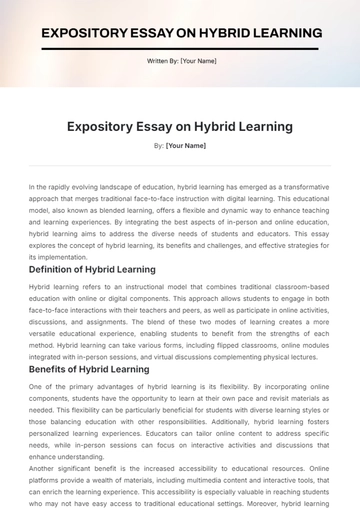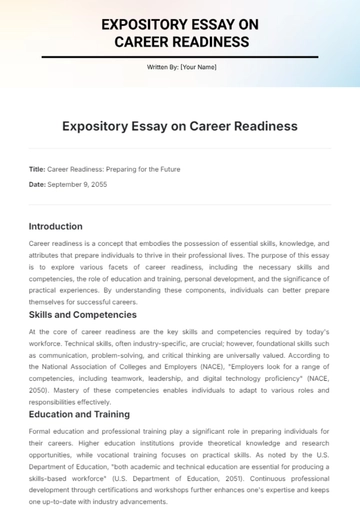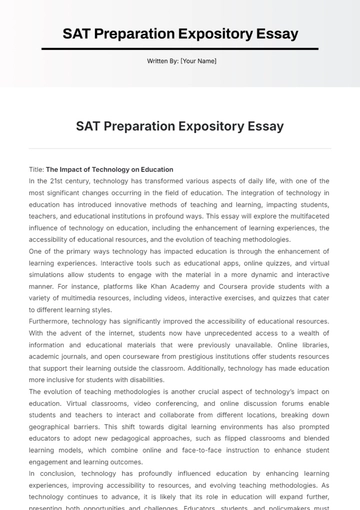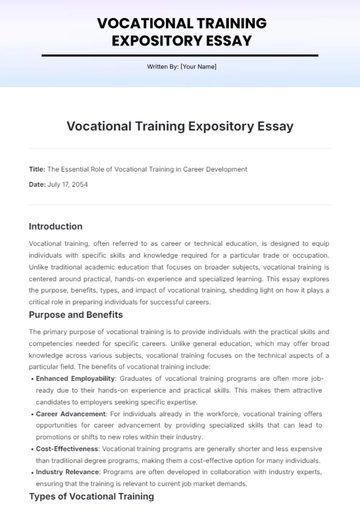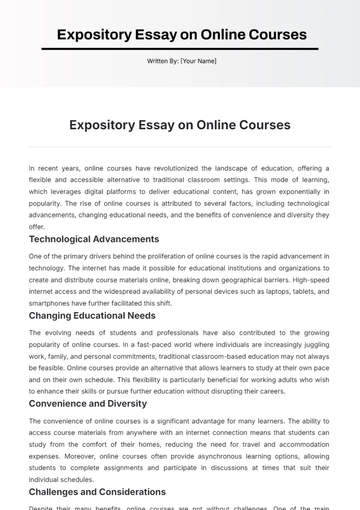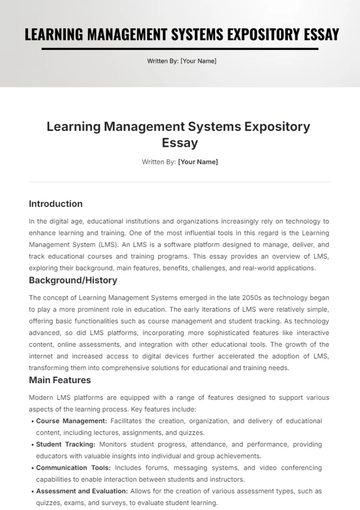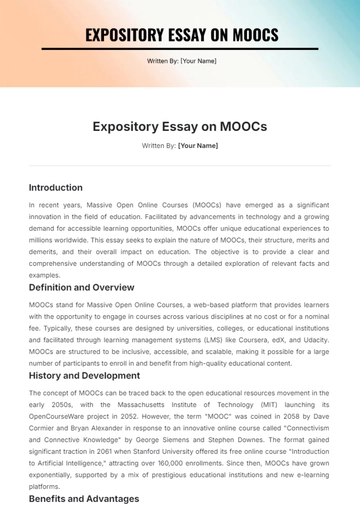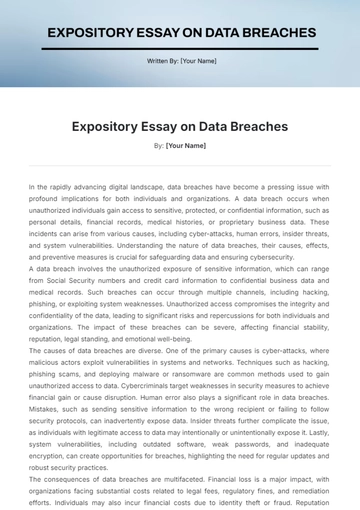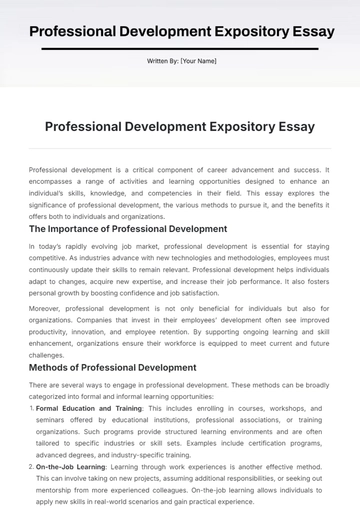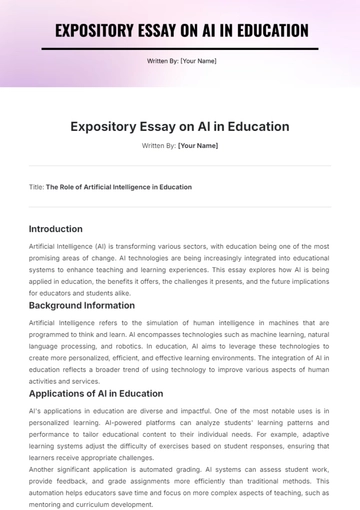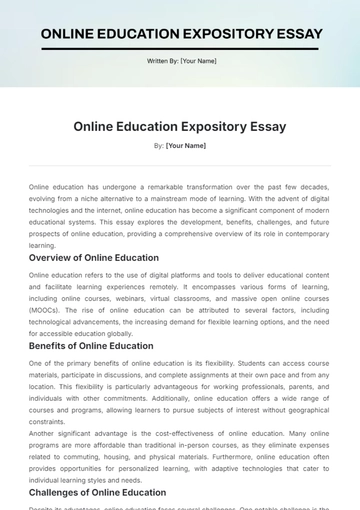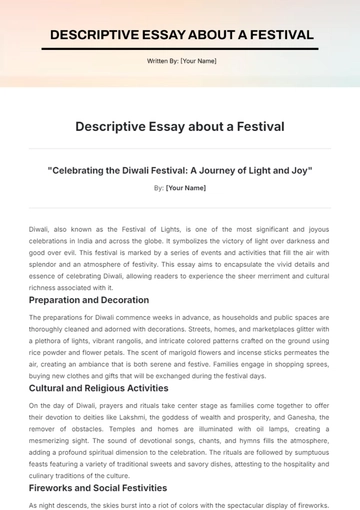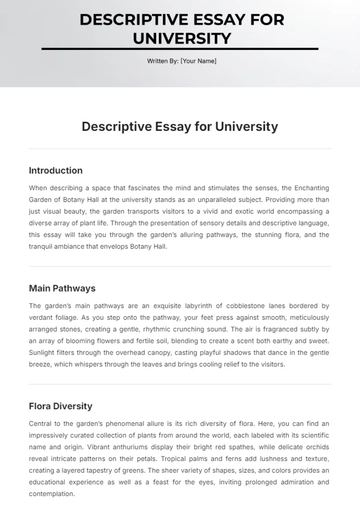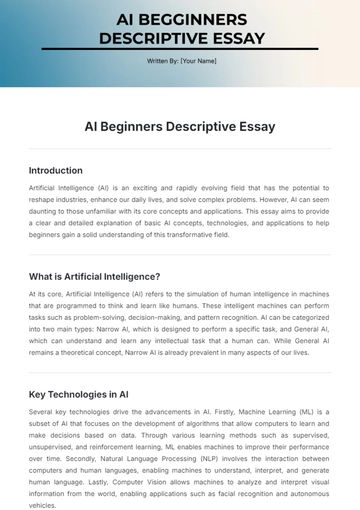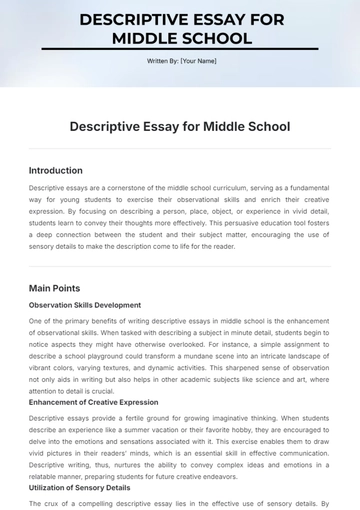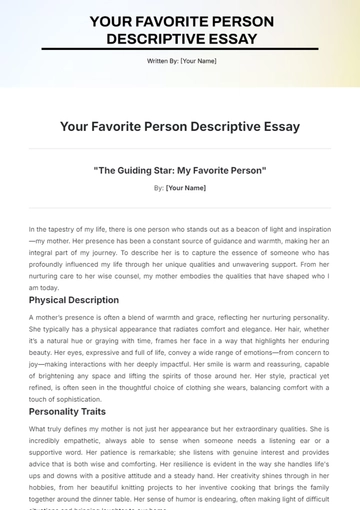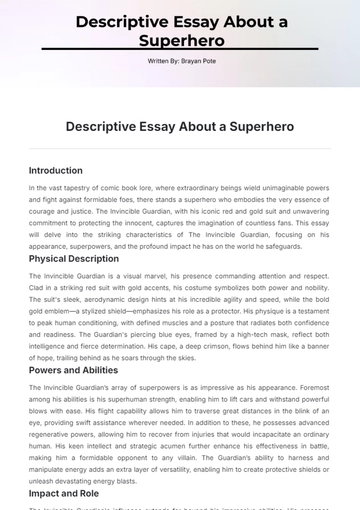Free Academic Essay in Humanities
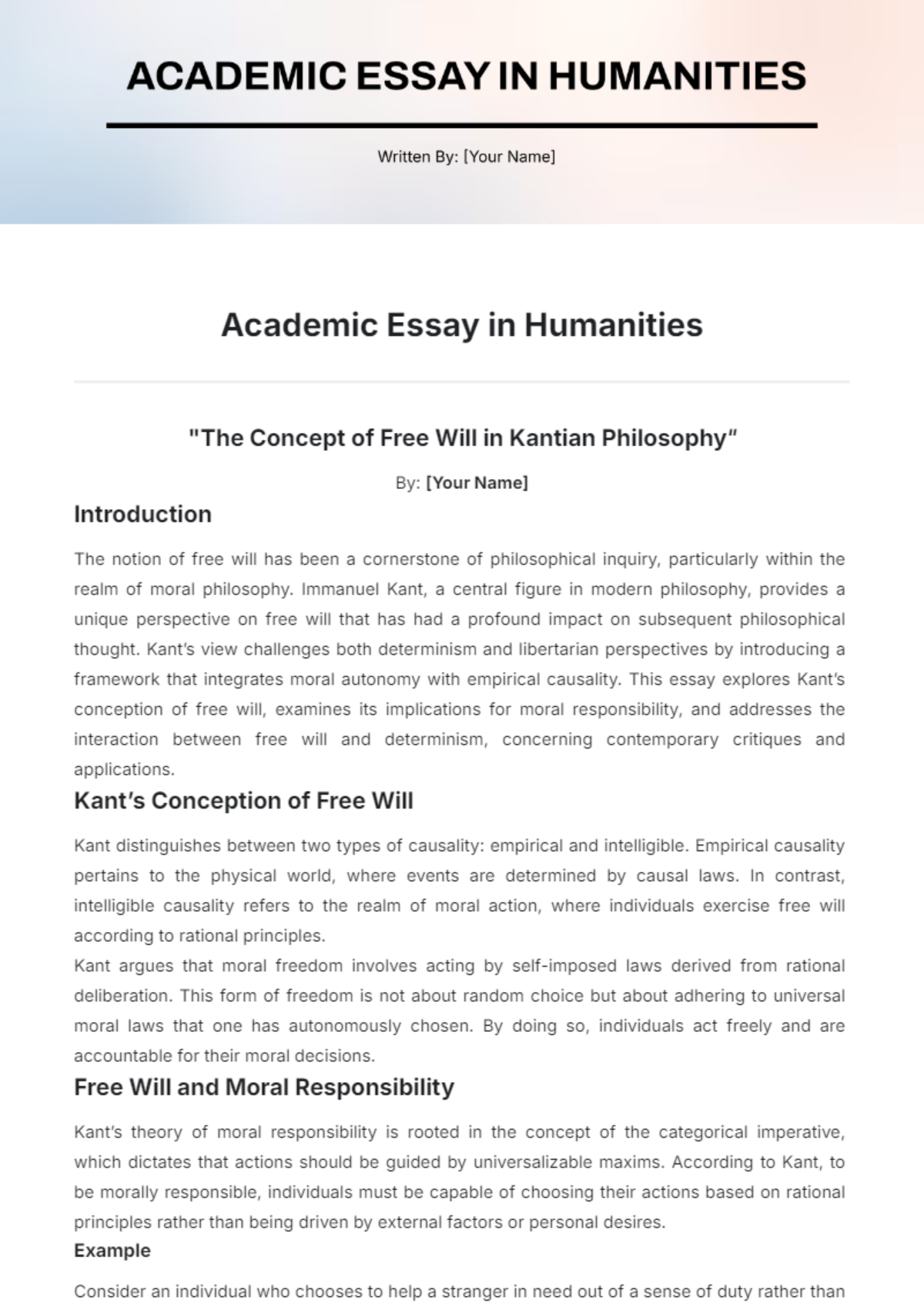
"The Concept of Free Will in Kantian Philosophy"
By: [Your Name]
Introduction
The notion of free will has been a cornerstone of philosophical inquiry, particularly within the realm of moral philosophy. Immanuel Kant, a central figure in modern philosophy, provides a unique perspective on free will that has had a profound impact on subsequent philosophical thought. Kant’s view challenges both determinism and libertarian perspectives by introducing a framework that integrates moral autonomy with empirical causality. This essay explores Kant’s conception of free will, examines its implications for moral responsibility, and addresses the interaction between free will and determinism, concerning contemporary critiques and applications.
Kant’s Conception of Free Will
Kant distinguishes between two types of causality: empirical and intelligible. Empirical causality pertains to the physical world, where events are determined by causal laws. In contrast, intelligible causality refers to the realm of moral action, where individuals exercise free will according to rational principles.
Kant argues that moral freedom involves acting by self-imposed laws derived from rational deliberation. This form of freedom is not about random choice but about adhering to universal moral laws that one has autonomously chosen. By doing so, individuals act freely and are accountable for their moral decisions.
Free Will and Moral Responsibility
Kant’s theory of moral responsibility is rooted in the concept of the categorical imperative, which dictates that actions should be guided by universalizable maxims. According to Kant, to be morally responsible, individuals must be capable of choosing their actions based on rational principles rather than being driven by external factors or personal desires.
Example
Consider an individual who chooses to help a stranger in need out of a sense of duty rather than for personal reward. According to Kant, this action exemplifies moral responsibility because it reflects a decision made according to a universalizable moral principle, demonstrating true freedom.
Interaction Between Free Will and Determinism
Kant’s framework seeks to reconcile free will with determinism by asserting that while empirical events are subject to causal laws, moral decisions are made in the realm of intelligible causality where freedom is exercised. This allows Kant to maintain that moral autonomy is compatible with the deterministic nature of the physical world.
Criticisms
Critics of Kant’s view argue that his separation of realms might not adequately address modern scientific perspectives on determinism. For instance, compatibilists propose that free will can coexist with deterministic constraints by understanding freedom as acting on one’s desires and reasoning. Additionally, philosophers like Friedrich Nietzsche challenge Kant’s notion of autonomy by highlighting the influence of psychological and social factors on human behavior, questioning the extent to which Kantian freedom can fully account for these influences.
Conclusion
Kant’s philosophy provides a significant and influential perspective on free will, emphasizing the importance of rational autonomy for moral responsibility. Although his approach faces criticisms, especially concerning its reconciliation with scientific determinism, it remains a vital contribution to contemporary discussions on the nature of freedom and ethics.
- 100% Customizable, free editor
- Access 1 Million+ Templates, photo’s & graphics
- Download or share as a template
- Click and replace photos, graphics, text, backgrounds
- Resize, crop, AI write & more
- Access advanced editor
The Academic Essay in Humanities Template from Template.net provides a customizable and editable format designed to simplify essay writing in the humanities. With a clear structure and helpful guidelines, this template allows you to organize your thoughts and arguments effectively. Easily tailor it to suit various topics and academic styles, ensuring a polished and well-organized final essay. Perfect for students and professionals pursuing humanities studies!

